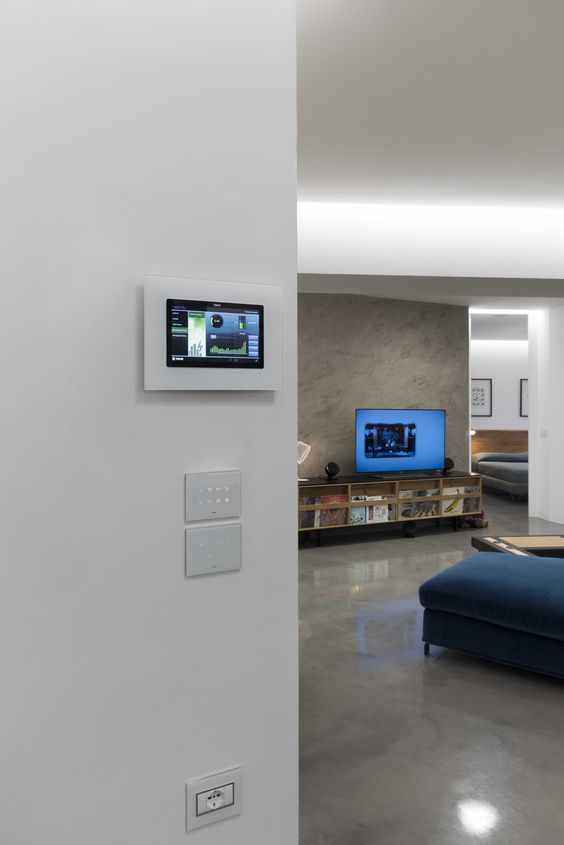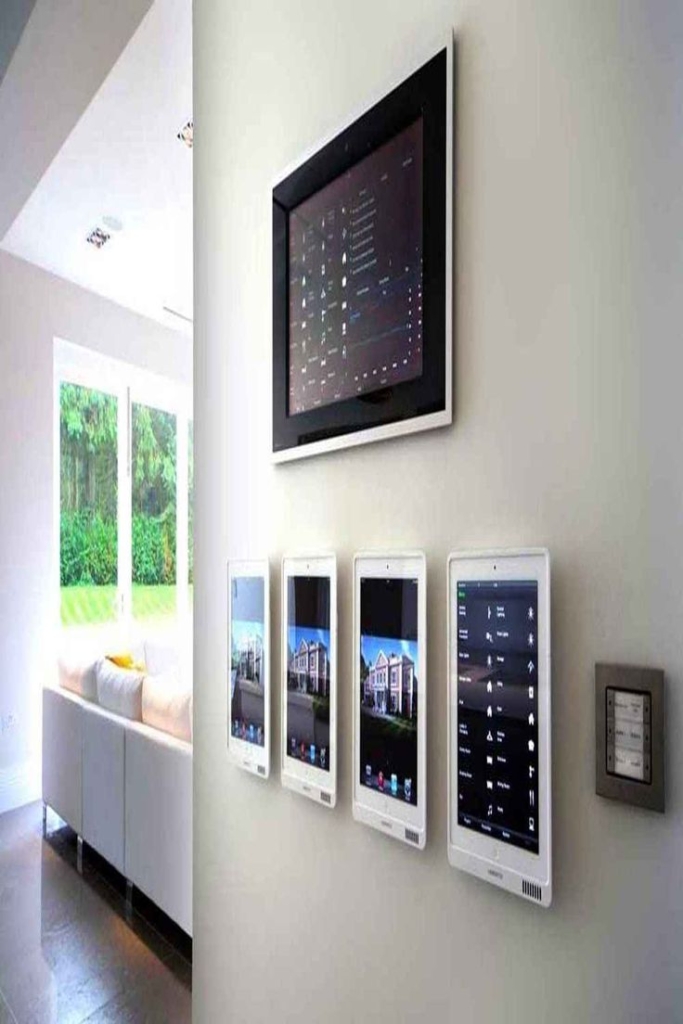_________________________________________________________________________________________
In recent years, the real estate industry has undergone a digital revolution, and one of the key drivers behind this transformation is the Internet of Things (IoT). IoT refers to the interconnection of devices through the internet, enabling them to collect and share data. In the realm of real estate, IoT is reshaping the way we design, manage, and live in buildings. From smart homes to intelligent commercial spaces; the integration of IoT in real estate is unlocking a new era of efficiency, sustainability, and convenience.
Smart Homes for Modern Living:
The concept of smart homes, powered by IoT, has gained significant traction in the real estate sector. Homeowners now have the ability to control various aspects of their homes remotely, enhancing convenience and energy efficiency. Smart thermostats, lighting systems, and security cameras are just a few examples of IoT devices that seamlessly integrates into the fabric of modern homes.

With IoT, homeowners can remotely adjust their home’s temperature; turn off lights, or monitor security cameras using a smartphone or other connected devices. This not only offers a higher level of control but also contributes to energy conservation and cost savings. Real estate developers are increasingly incorporating these smart features into new construction projects, catering to the growing demand for technologically advanced and interconnected living spaces.
Commercial Real Estate Optimization in the Internet of Things:
In the commercial real estate sector, IoT is proving to be a game-changer by optimizing space utilization and enhancing operational efficiency. Smart building systems leverage IoT technology to monitor and control various parameters such as lighting, HVAC, and occupancy levels. This data-driven approach allows building managers to make informed decisions, leading to improved energy efficiency and reduced operational costs.
IoT-enabled sensors and devices provide real-time data on the usage of different spaces within a building. This information is invaluable for property managers looking to make informed decisions about resource allocation and space planning. For example, if certain areas of a commercial building are consistently underutilized; property managers can adjust the space configuration to maximize efficiency and potentially reduce leasing costs.
Enhancing Tenant Experience in the Internet of Things:
The integration of Internet of Things in real estate is not only about optimizing building operations but also about enhancing the overall tenant experience. Smart building technologies contribute to creating more comfortable and personalized environments for occupants. For instance, smart lighting systems can adjust brightness based on natural light levels, creating a more comfortable and energy-efficient workspace.
IoT can also be leveraged to streamline maintenance processes. Predictive maintenance, enabled by sensors and data analytics; allows property managers to identify potential issues before they escalate into major problems. This proactive approach not only minimizes disruptions for tenants but also helps extend the lifespan of building systems, reducing maintenance costs in the long run.
Security & Safety:
The safety and security of both residential and commercial properties are paramount concerns for property owners. IoT plays a crucial role in enhancing security measures through the integration of smart surveillance cameras; access control systems, and other connected devices. So, these systems can be monitored remotely; allowing property owners and security personnel to respond promptly to any security threats or incidents.
In addition to physical security, IoT contributes to the safety of occupants by monitoring environmental factors such as air quality and detecting potential hazards. Smart smoke detectors, for example; can quickly alert residents and emergency services in the event of a fire, potentially saving lives and minimizing property damage.

The Internet of Things is reshaping the real estate landscape, offering a myriad of benefits to both property developers and occupants. From smart homes that provide unprecedented control and convenience to commercial buildings optimized for efficiency and sustainability; IoT is unlocking new possibilities for the industry. As technology continues to advance, we can expect even greater integration of IoT in real estate, ushering in an era of intelligent, connected, and user-centric spaces. Embracing these innovations will not only enhance the value of properties but also redefine the way we live and work in the built environment.





